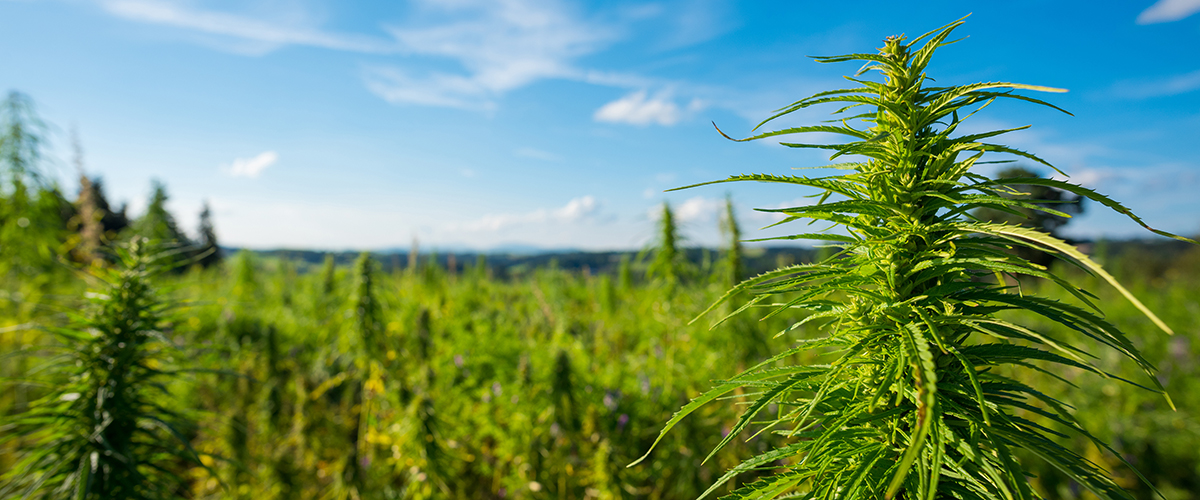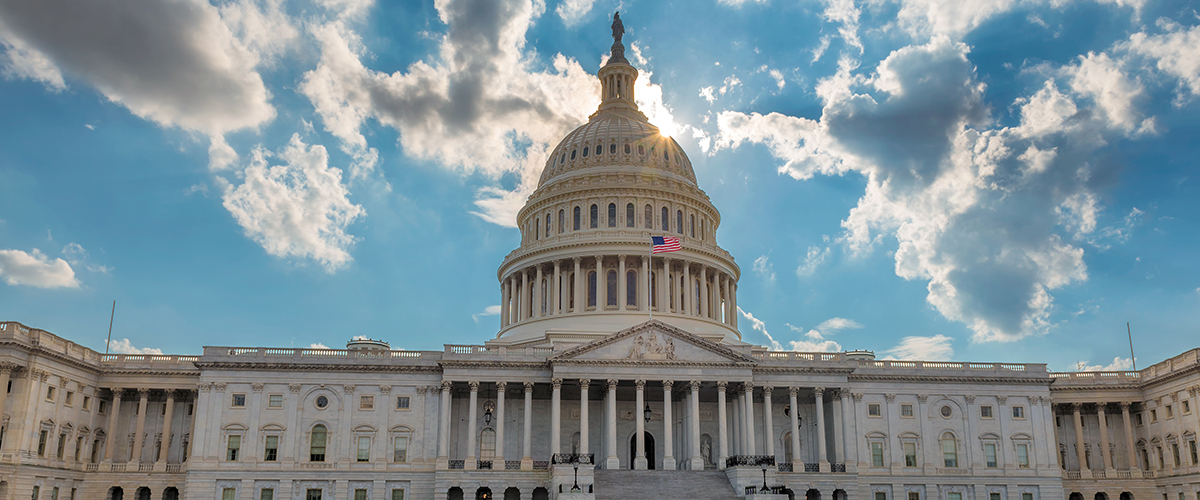The Farm Bill contains provisions to legalize the cultivation, processing, and sale of hemp in the United States.
The United States Senate on Thursday overwhelmingly approved legislation that would legalize hemp as an agricultural commodity. The wide-ranging, omnibus legislation known as the Farm Bill contains the Hemp Farming Act of 2018, which removes hemp from the Controlled Substances Act and legalizes the crop under federal law.
First introduced by Senate Majority Leader Mitch McConnell (R-KY) in April, the bill was eventually added as a provision in the Senate’s Farm Bill, which easily passed by a vote of 86-11.
By removing hemp from the Controlled Substances Act, states would be able to regulate hemp production for commercial purposes. Hemp farmers would also be eligible to apply for crop insurance, and researchers could apply for federal grants from the U.S. Department of Agriculture.
“Consumers across America buy hundreds of millions in retail products every year that contain hemp,” McConnell said in a floor speech on Thursday. “But due to outdated federal regulations that do not sufficiently distinguish this industrial crop from its illicit cousin, American farmers have been mostly unable to meet that demand themselves. It’s left consumers with little choice but to buy imported hemp products from foreign-produced hemp.”
Hemp legalization has garnered broad bipartisan support. Earlier this month to commemorate “Hemp History Week,” the Senate adopted a nonbinding resolution that recognizes “the growing economic potential of industrial hemp.”
“Legalizing hemp nationwide ends decades of bad policymaking and opens up untold economic opportunity for farmers in Oregon and across the country,” said Sen. Ron Wyden (D-OR), after the Farm Bill passed on Thursday. “Our bipartisan legislation will spur economic growth in rural communities by creating much-needed red, white and blue jobs that pay well. I’m proud to have worked with my colleagues to get the bipartisan Hemp Farming Act through the Senate. Today marks a long-overdue, huge step forward for American-grown hemp.”
Congress is tasked with passing the Farm Bill every five years. The legislation sets national agriculture, nutrition, conservation, and forestry policy. The Farm Bill currently in place expires in September.
The U.S. House approved its own Farm Bill 2018 earlier this week. The House version does not include the provision to legalize hemp and lacks the same bipartisan support due to provisions that would make significant changes to the Supplemental Nutrition Assistance Program (SNAP) and rollbacks to the Clean Water Act.
The chambers’ two competing bills still need to be merged before the final legislation can be sent to the White House for Donald Trump’s signature.
 Current Hemp Laws
Current Hemp Laws
As of now, the cultivation of hemp for commercial purposes remains illegal under federal law. Scheduled as a controlled substance under the 1970 Controlled Substances Act, hemp can only be grown by state agricultural departments and licensed universities for research and pilot programs.
It was the passing of the 2014 Farm Bill gave states the ability to legalize hemp cultivation for limited purposes. More than 30 states have taken advantage.
Hemp was at one point a staple crop in America. The non-psychoactive variety of Cannabis sativa L. is considered one of the first-ever domesticated crops in human history. Its fiber and seeds can be used to make:
- Cannabidiol (CBD) hemp oil supplements
- Textiles
- Paper
- Bioplastics
- Green building materials
- Biofuels
- Body care products
- Food
If the hemp legalizing provision makes it in the final 2018 Farm Bill, states will be able to legalize the cultivation of hemp for commercial purposes. The move would open the doors for domestic farmers to participate in the nation’s $688 million hemp market that is currently supplied through imports.
“For the first time in 80 years, this bill legalizes hemp. We forget, but hemp was widely grown in the United States throughout the mid-1800s,” Sen. Michael Bennet (D-CO) said Wednesday in a floor speech. “Americans used hemp in fabrics, wine, and paper. Our government treated industrial hemp like any other farm commodity until the early 20th century, when a 1937 law defined it as a narcotic drug, dramatically limiting its growth.”
Latest Cannabis News
Keep up with the latest updates regarding the cannabis industry by regularly visiting our news page.






